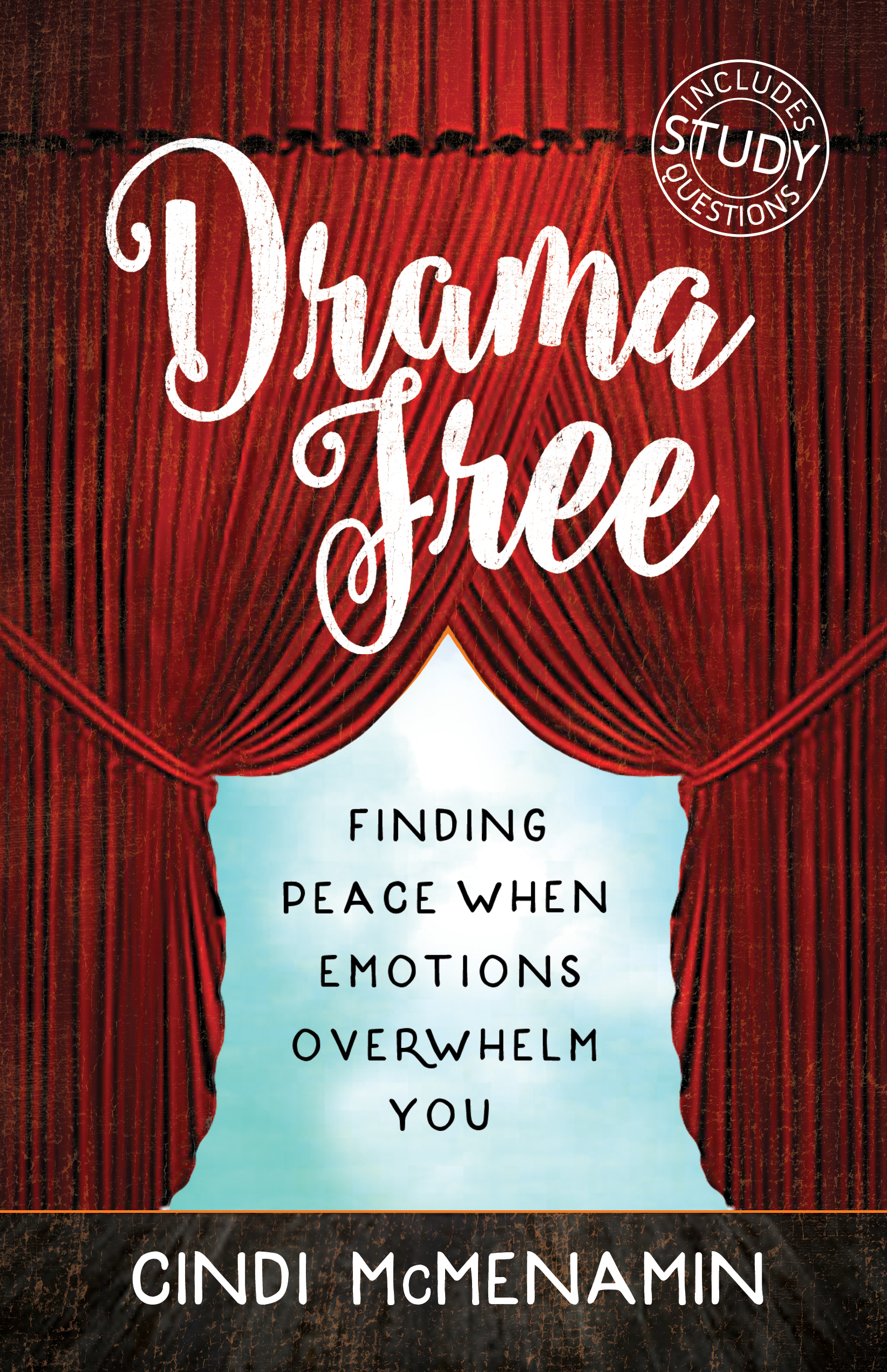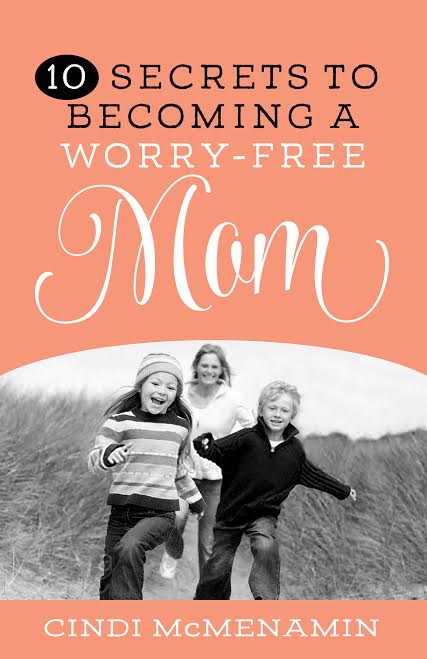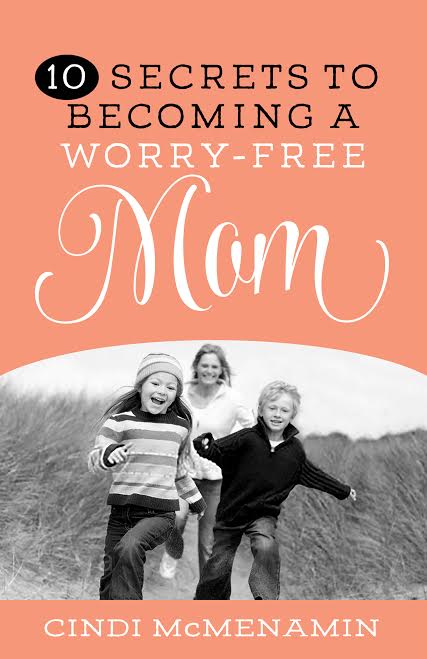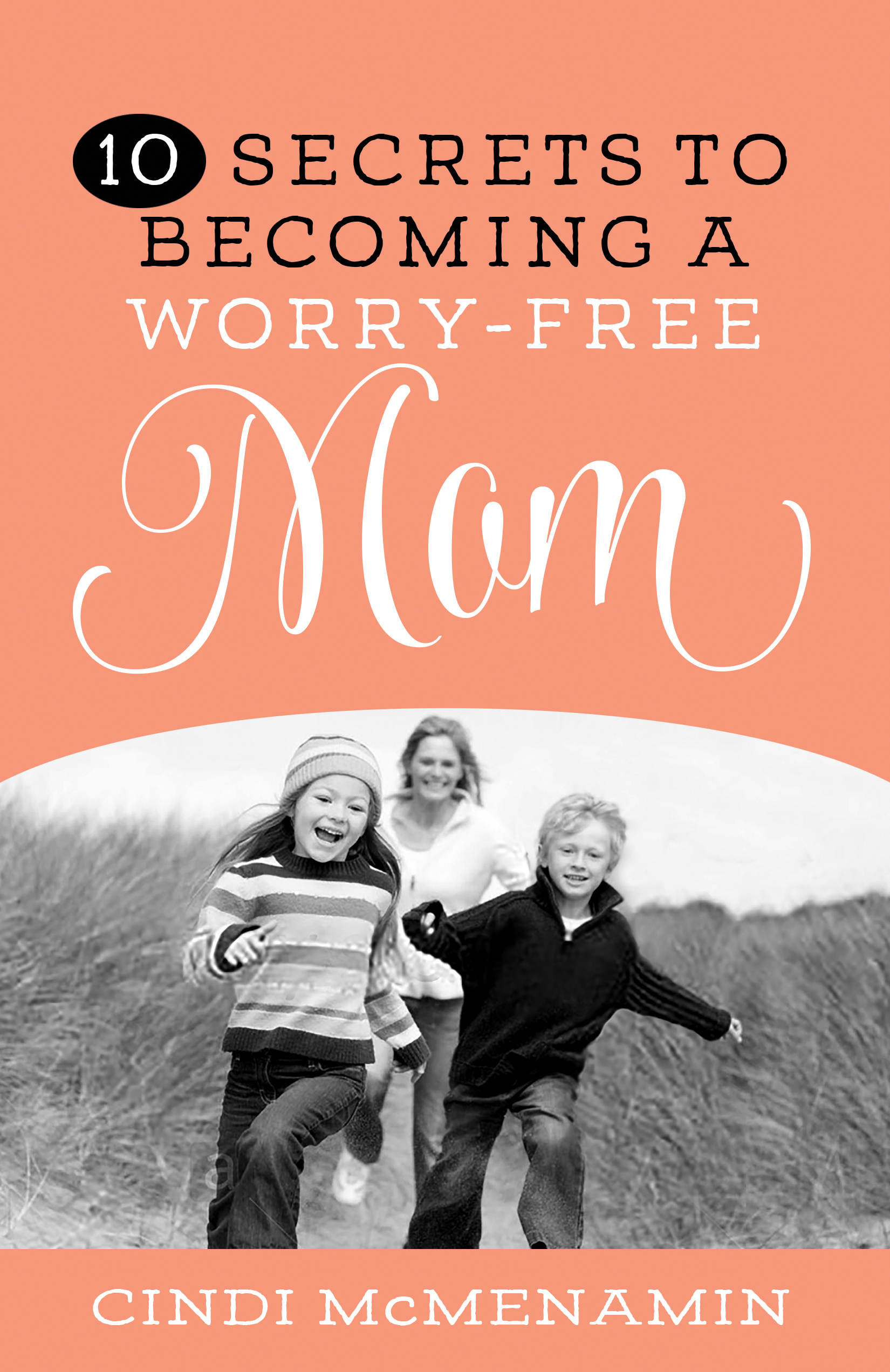Avoid Drama by Choosing Your Friends Wisely
Cindi McMenamin would love to see women display more and more strength as they embrace  life-changing truth. In this Friendship UPGRADE, she explains how we can have less drama and more soul-strength by choosing friends carefully.
life-changing truth. In this Friendship UPGRADE, she explains how we can have less drama and more soul-strength by choosing friends carefully.
She asks, "Do you find there’s much drama in your life? If so, it may have to do with your choice of friends."
I (Dawn) know this is true. Today I have different "levels" of friendships—intimate, ministry-based, casual, and sad to say, "guarded." Friends are truly a blessing, but we still need to pray carefully about the people we invite into our hearts.
Cindi continues . . .
Christian women often get the idea that they must be friends with everyone. Yet the Bible tells us,
“The righteous choose their friends carefully” (Proverbs 12:26, NIV).
Sometimes you and I don’t actually choose our friends—they just find us and before we know it, we’re hanging out with someone who is either helpful or a hindrance. But if you and I want to dial down the drama in our lives, it would be wise to take inventory of our friendships.
As I was writing my book, Drama Free, I included a list of the five types of friends you and I need in our lives. As you read through this list (which is not in any particular order), you might want to take mental note of the kinds of friends you currently HAVE to get an idea of how balanced you are.
You might also use this list as a guide to praying about the friendships you might STILL need.
1. The Fun Friend
Let’s admit it. We all need someone who is fun to be with, who makes us laugh, who ![]() encourages us to set the work aside, have some fun, live a little.
encourages us to set the work aside, have some fun, live a little.
You and I can’t spend every waking moment with this friend because if we did, we’d never get anything done. But if you have a friend who can balance the fun with responsibility and maturity, and encourage you to let go of work now and then and not take yourself so seriously, you have found a treasure.
Who encourages you to not take yourself so seriously?
2. The Firm Friend
 I’m not talking about the woman who is constantly working out and has considerably less body fat than the rest of us. Although you and I need her too (we’ll get to her later), we need a friend who will firmly tell us what we need to hear, not just what we want to hear.
I’m not talking about the woman who is constantly working out and has considerably less body fat than the rest of us. Although you and I need her too (we’ll get to her later), we need a friend who will firmly tell us what we need to hear, not just what we want to hear.
While your fun friend may encourage you to laugh it off or live for the moment, your firm friend will often remind you of what’s best for you, even if it isn’t fun or even comfortable. She does this because of her love for you and her ability to see beyond the moment to what really matters.
And if she’s able to be firm with a generous dose of grace and love, hold onto her. She is a rare gift.
Who tells you what you need to hear instead of just what you want to hear?
3. The forward-moving friend
You’ve seen her. You probably even admire her (or maybe you can’t stand her because she has it all  together!).
together!).
She gets excited about New Year’s resolutions and seeks out people to join her in them each January. She talks about what she’s reading, what she’s learning in her Bible study, or the latest class she’s taking to explore something new.
Do you have someone to challenge you to be more healthy, read more books, think more deeply, hone your skills?
We all need to keep moving forward personally, emotionally, physically, and spiritually.
Who challenges you to move beyond where you are right now?
4. The Faithful Friend
 Every woman needs a friend who will be there through thick and thin. Through the dark days, through the sick days, through the days you are having difficulty and just need someone to understand.
Every woman needs a friend who will be there through thick and thin. Through the dark days, through the sick days, through the days you are having difficulty and just need someone to understand.
Not only is the faithful friend always there, but she’s loyal—meaning she would never talk behind your back or re-evaluate the friendship if she thinks she’s giving more than you are.
A faithful friend doesn’t keep track of how many times she has called you vs. how many times you take the initiative to call her.
She will pick up with you wherever the two of you left off.
The opposite of the faithful friend is the gossip or critic. Proverbs 16:28 says “a whisperer separates close friends.” Your faithful friend is the one who will never be whispering to others about you.
Who can you always depend on, regardless of season or schedule?
5. The “Faith-filled” Friend
Do you tend to be a worrier? Do you stress out when a situation seems out of control? If you hang around others who do the same, you will fuel each other’s fire of fear and doubt.

That’s why every woman needs a faith-filled friend who doesn’t worry or talk about the “what ifs,” but trusts in the Lord and helps fill up others with her faith.
When your concerns cross the line into worry, doubt, and fear, that’s when you need your faith-filled friend to remind you Who is ultimately in control.
If you have at least one friend in each category above (or all the categories are covered by the few friends you have), you are rich beyond measure.
And if there’s a friend on that list that you don’t yet have, you know what to look for—and the kind of friend to be as well.
 Cindi McMenamin is a national speaker and author who helps women find strength for the soul. She is the author of fifteen books, including her newest,
Cindi McMenamin is a national speaker and author who helps women find strength for the soul. She is the author of fifteen books, including her newest, 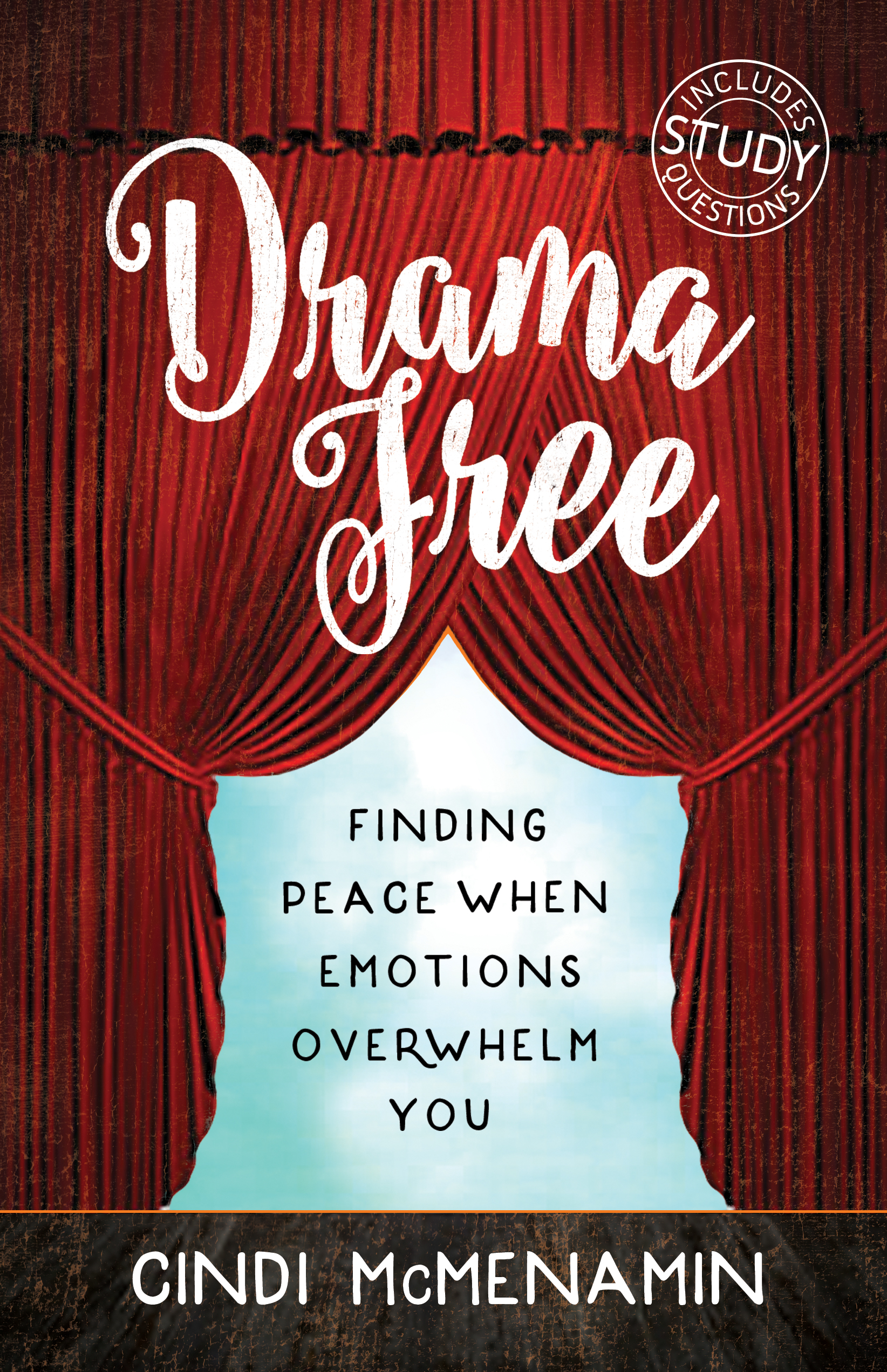 Drama Free: Finding Peace When Emotions Overwhelm You, upon which this post is based. For more on her ministry, discounts on her books, or free resources to strengthen your walk with God, your marriage, or your parenting, see her website: StrengthForTheSoul.com.
Drama Free: Finding Peace When Emotions Overwhelm You, upon which this post is based. For more on her ministry, discounts on her books, or free resources to strengthen your walk with God, your marriage, or your parenting, see her website: StrengthForTheSoul.com.
All Graphics adapted, courtesy of Pixabay, except for the Faith-filled friend graphic, courtesy of Lightstock.
 2 Comments → Posted on
2 Comments → Posted on  Tuesday, June 20, 2017 at 6:00AM
Tuesday, June 20, 2017 at 6:00AM  Choices,
Choices,  Choosing Friends,
Choosing Friends,  Choosing Friends Wisely,
Choosing Friends Wisely,  Cindi McMenamin,
Cindi McMenamin,  Friends,
Friends,  Friendships,
Friendships,  Kinds of Friends,
Kinds of Friends,  Upgrade with Dawn,
Upgrade with Dawn,  Wisdom Upgrade Your Life
Wisdom Upgrade Your Life  Friendships,
Friendships,  Relationships
Relationships 






